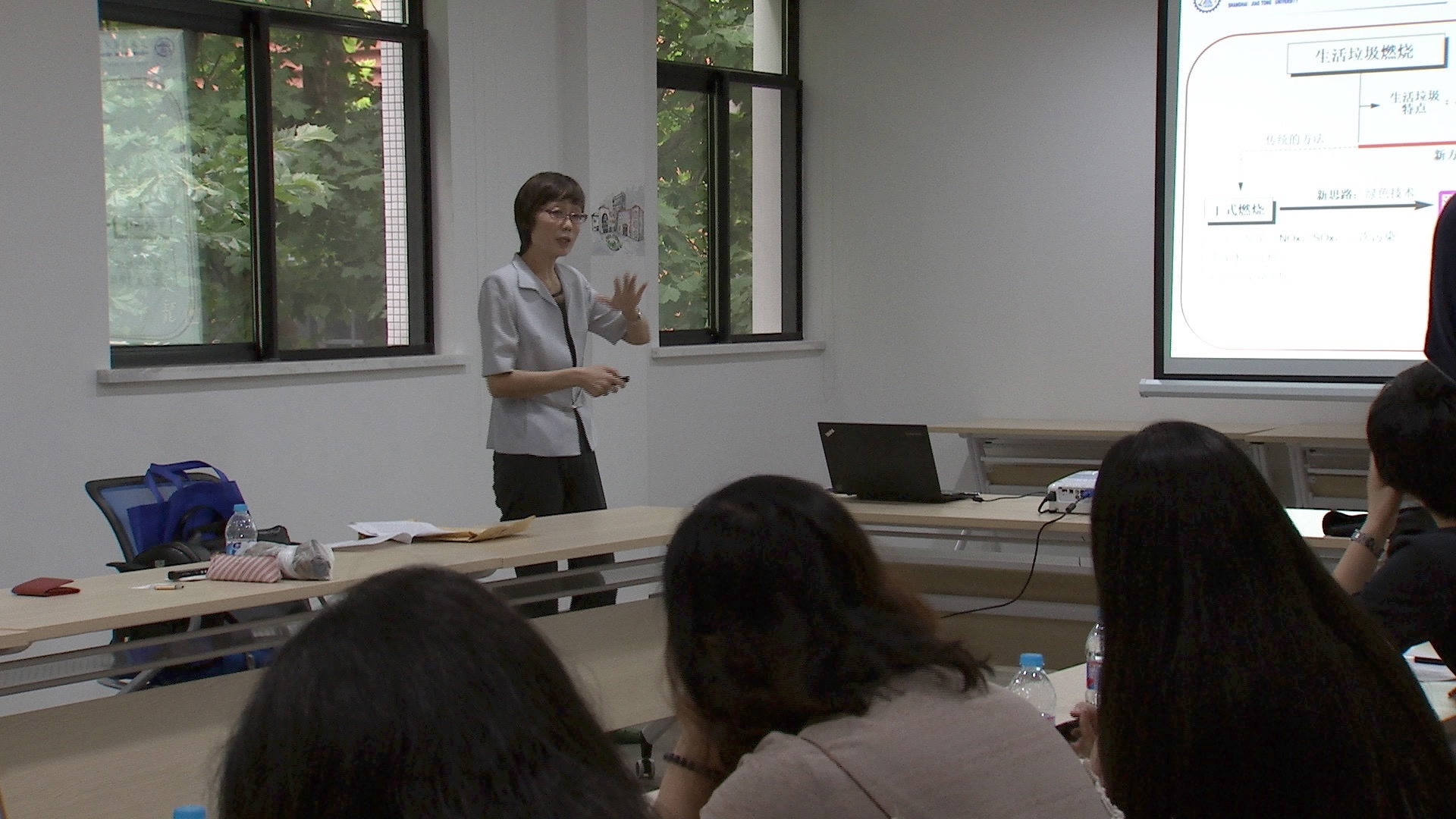By CGTN's Zhao Lingfeng
For Shanghai resident Gui Shumei, sorting daily waste is not something new. She started this habit six years ago following a community campaign. Even though in the beginning, it was a little difficult to get used to, she says, it’s now become a regular thing for her to sort the trash into four categories before throwing them out.

In Shanghai, household waste is sorted into four categories. /CGTN Photo
And this is one good practice that she passes down to her family. She says that everyone in her family knows to organize the trash, even her granddaughter sometimes corrects her mistakes.
Eight big cities including Beijing and Shanghai introduced a pilot garbage-sorting scheme in 2000. But people like Gui Shumei are still a rare breed after almost two decades, with the majority of the public struggling to adapt to such schemes.

200 million tons of household garbage were collected in Chinese cities in 2016. /CGTN Photo
In 2016, Chinese cities collected over 200 million tons of household waste, and this number is growing at a 10 percent rate annually. But it is common that most of it, even recyclables, end up in a landfill.
Things are however looking up. In March 2017, the State Council issued a plan to make garbage sorting compulsory in 46 cities by the end of 2020. Some 200 billion yuan (29.4 billion US dollars) will be invested in this plan in order to reach a recycling target of 35 percent of household waste.

Most of China’s household waste ends up in landfill without being properly sorted and disposed. /CGTN Photo
But how can large cities achieve mainstream success with such a plan?

Jin Fangming, a professor from Shanghai Jiao Tong University, says education is key for the public to start sorting waste. /CGTN Photo
Jin Fangming, a professor from the School of Environmental Science and Engineering under Shanghai Jiao Tong University, says the key is education, and it should start right now and from kindergarten and elementary school levels, adding the rules are thoroughly enforced, and in five years, people would see visible progress.

Trash-sorting has so far struggled to take off with the public in China./CGTN Photo
Experts remind that waste sorting is not an ultimate goal. Rather, it’s just the start in reducing the volume of waste and minimizing pollution.










